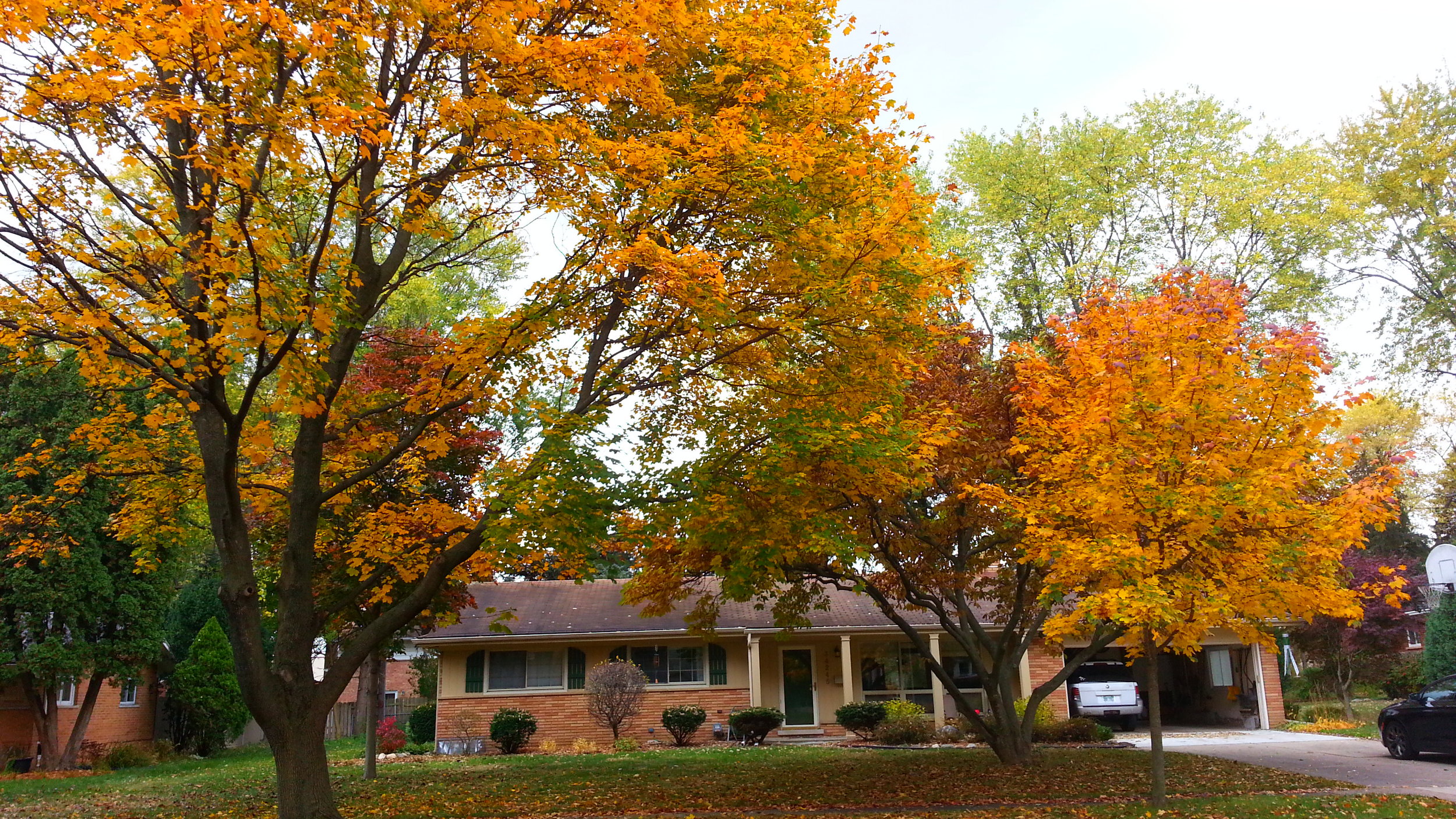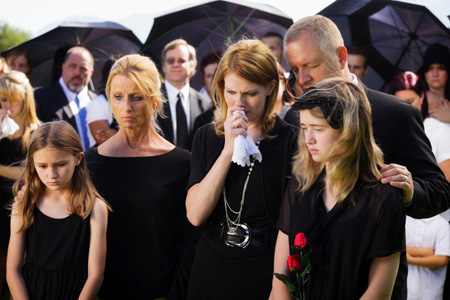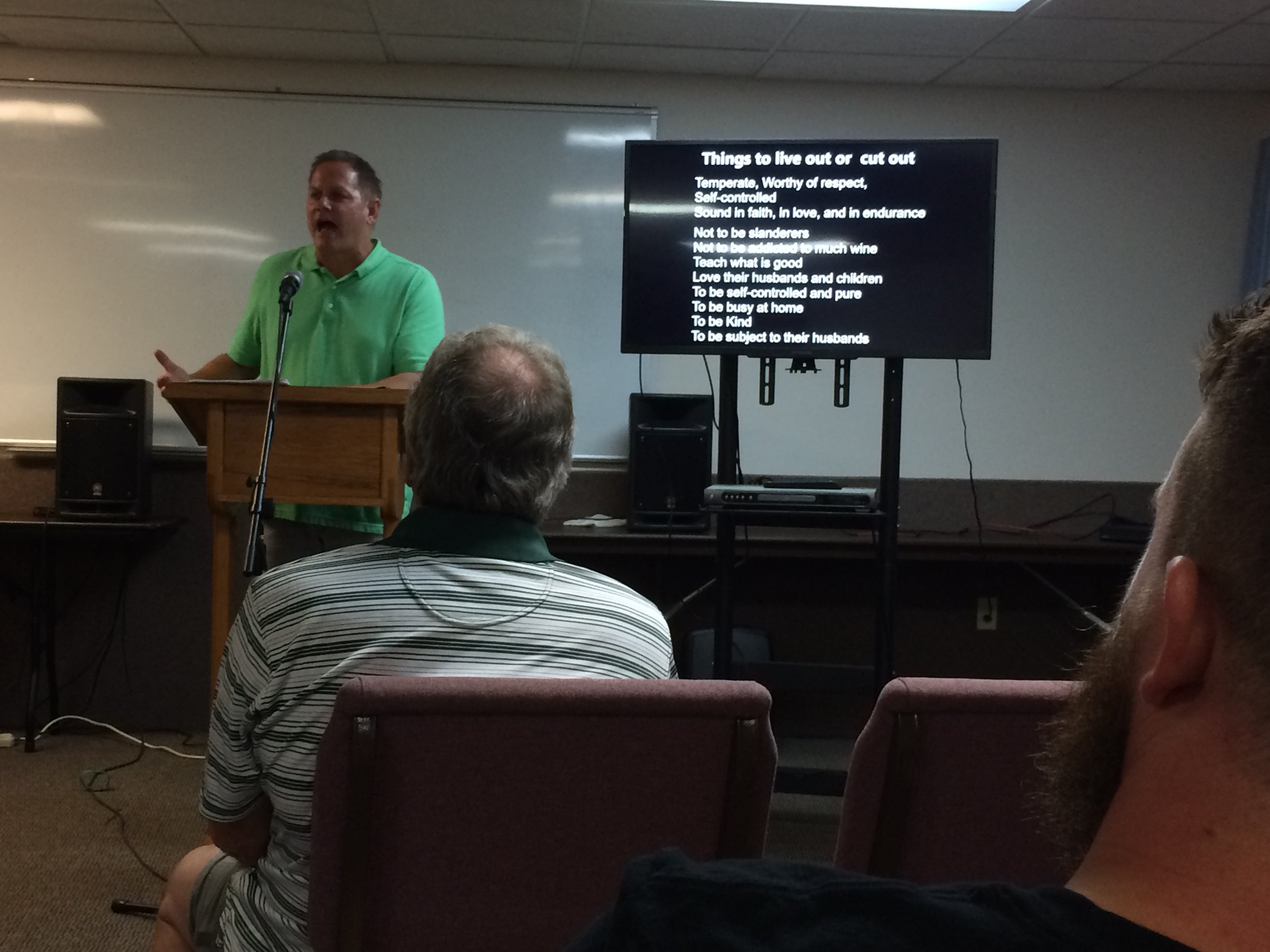Fall riding along Huron River Drive in 2012
No matter how busy we are or how many deadlines loom or broken items needing fixing, my wife and I always find time to take a fall ride each autumn.
We follow a pretty basic plan. We pick a Saturday or Sunday preferably when autumn color is at or near its peak and head out with a couple guest riders, often my wife’s sister and mom. We drive a hundred or so miles along tree-lined roads. Every now and then, we pull over to gawk and snap a few pictures.
Fortunately we live in heavily wooded Michigan that is blanketed top to bottom with deciduous hardwoods that change color before dropping their leaves. Contrasting hardward stands are prolific evergreens providing marvelous contrast while softening every landscape with their lush fullness.
Fall at home, 2010
As I write, trees right outside our home are bursting with autumn foliage. Although outside temps are cool, I have a window cracked open to the let the crisp air in and to hear the breezes that are beginning to send leaves to cover the ground below.
Although I will never tire of this season, as much as I can wax eloquent about autumn’s magnificence, to think is but a dim reflection of our loving God whose creation autumn is part of sends shivers through me.
“For now we see in a mirror dimly, but then face to face; now I know in part, but then I will know fully just as I also have been fully known,” wrote Paul in his first letter to the Corinthians (1 Corinthians 13:12, NASB)
Likewise wrote the psalmist:
“One thing I ask from the Lord,
this only do I seek:
that I may dwell in the house of the Lord
all the days of my life,
to gaze on the beauty of the Lord
and to seek him (meditate) in his temple.”
(Psalm 27:4, NIV)
As I can never imagine tiring of autumn, what could gazing on the beauty of the Lord be like? I am but a mortal, “living in darkness… in the land of the shadow of death.“ So wrote the prophet Isaiah regarding the people the Messiah would come to save, me and you - us. (See Isaiah 9:1-2 and Matthew 4:12-16).
The land of the shadow…. “Farewell to Shadowlands” is the title C.S. Lewis gave the final chapter of “The Last Battle,” the seventh and final book of his Chronicles of Narnia. Telling of the known end of Narnia, the characters are drawn by the “Glorious One” to dwell with him in eternity.
As they journey “further up and further in,” timelessly traversing centuries in seconds, one of those who arrived earlier and serves now to escort the newcomers tries to explain, “It is far bigger inside than it was outside….The further up and the further in you go, the bigger everything gets. The inside is larger than the outside.”
"Larger on the inside than the outside..." A description of God’s kingdom or church that seems so insignificant in the day-to-day life of most Americans?
More and more, we Americans live in a world of our own making that seems so real and relevant. So enlightened, scientific and technological are we that an illusion of being impenetrably unshakable is not so far-fetched.
Then something happens that so unceremoniously flicks us from our fortress that we are shaken to the core - a wind or flood or fire or cancer, a power outage, break-in, downsizing, health crisis or death….
Meanwhile all along on our carefully crafted way, creation quietly beckons beside roadways and bursting through the crevices of our pavement. Ever and always behind creation is creation’s Creator.
Autumn is one of nature’s calmer and friendlier expressions. Take heed as autumn awaits to puts on its show just for us to enjoy...perhaps also to be drawn into its mystery.























